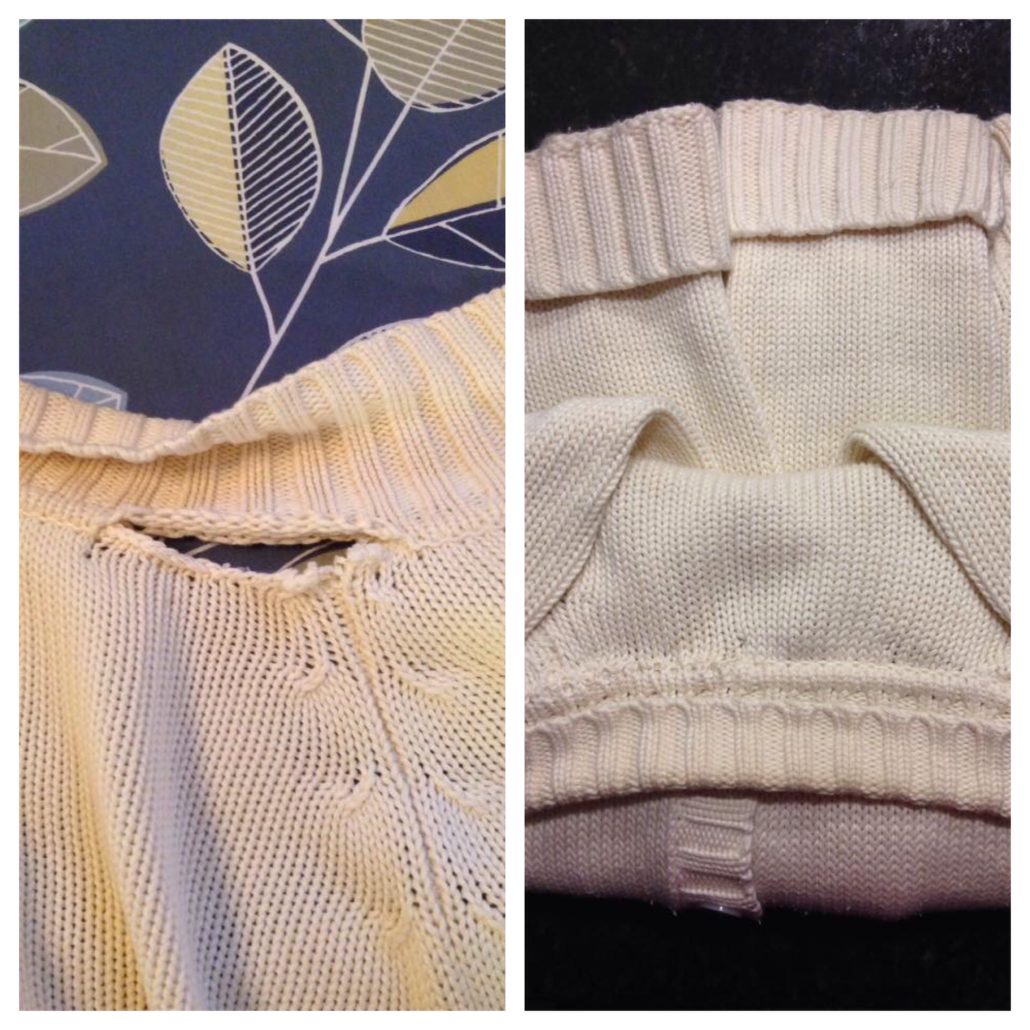How do you go about evaluating betrayal? First you might want to understand what it really means.
It is a major betrayal when someone does something that breaks a fundamental promise or violates a fundamental expectation and does so in a way that significantly hurts your peace of mind.–Mira Kirshenbaum*
And, an affair is not the only way we betray others.

Here’s A Laundry List Of The Ways We Can Betray
- Conditional commitment—“I’m here for you, until someone better comes along.”
- Nonsexual (AKA “emotional”) affair—where a platonic friendship develops over time and becomes a place where many confidential topics are discussed that may be personal to the primary relationship.
- Lying. Do not trust someone who lies to you.
- Forming a coalition against a partner, i.e.., a mother in law and husband ganging up on the wife with constant criticism, or 2 friends against a third friend—especially when the other is absent. AKA gossip.
- Absenteeism or coldness. EX: A partner’s parent is in hospital and other partner makes excuses not to be there during a critical time.
- Withdrawal of sexual interest.
- Disrespect: criticizing in public or private in a destructive way, showing contempt, stonewalling or withdrawing (shutting down and not communicating).
- Unfairness—in household chores, finances, social time, money spent on his/her TV but not your gym membership, laundry, childcare, not pulling your share of the work it takes to make a household (or a project) run well.
- Selfishness—ties a lot to item 8. However, in a long term relationship, sometimes one person’s needs must be forfeited for the common good. When children are born is a good example of this. In couples, one person may have to stay home more to care for a baby, or one partner must understand that the other may be too exhausted initially for sex. Or a work schedule needs to shift to spend more time at home, and a little less time out with the buddies.
- Breaking promises—from being late to events and agreed upon meetings, to disagreeing on having children, especially if this was mutually agreed upon prior to making the relationship permanent. Another example is agreeing to place a certain percentage of money into joint accounts to pay the bills or save for shoes, vacations or college for children, and then not following through or stopping contributions without your partner’s consent.
And how do you go about repairing or mending a betrayal, if that is what you decide to do? First you better get clear on what trust actually means. Why? Because it is trust that is broken or lost in betrayal.
Trust: What Is It?
Trust is a feeling based on a fact. Most of the time we are not even aware of it. It is more an absence of anxiety. Except when you’ve been hurt. Then you ache for something you used to perhaps take for granted. Trust is also a process of weaving and mending that takes place over time. Perfection is not the goal. Increasing your awareness and willingness to repair broken or torn trust along the way is.
And the beautiful result is an imperfect (like my sweater!) but cherished relationship when you do.
Trust is always a statement like “I trust this because…” This is a good restaurant because the food is always great, and the service is wonderful. I like this dry cleaner because they know how to treat delicate garments. You can trust this bank because they do not try to oversell you risky financial products. I trust John because he has had my back on several occasions. My mother in law is so awesome; she never tries to tell me how I “should” raise the kids. That, by the way, is an example of feeling safe in a relationship. Trust always involves feeling safe, and you cannot have true intimacy in any form without feeling safe.
And a fascinating aspect of trust is that while it has to be based on fact, it is NOT based on certainty. It can’t be, because we can never find that certainty. Certainty is not possible and constantly seeking it is a hallmark of anxiety. Just because your favorite restaurant has had great food in the past does not preclude the possibility they will have one lousy night in the kitchen.
And we live as humans in a state of imperfection. Mostly we do the best we can in a world filled with anxiety and pressure.
When betrayal happens in a relationship, how do you go about deciding whether to stay or go? More on that next week!
If you are feeling like your relationship could use a tune-up, shoot me an email here. Use the contact form and I’ll give you a call back to chat about what’s bugging you.
And….last but not least: A big shout out to the amazing Alicia Juniku for her warm heart and her knitting talents!
*Resource: I Love You But I Don’t Trust You by Mira Kirshenbaum










